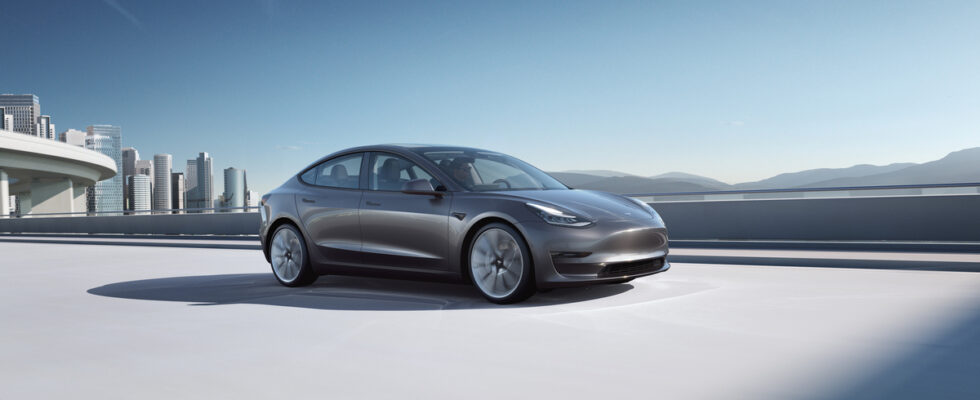The electric car does not only make people happy, especially among short-term rental companies. Hertz had announced the electrification of its fleet in 2021, with the order for 100,000 Teslas. Since then, exchanges between the two companies do not seem to have been easy and have led to a public lying poker game over the exact conditions of the order.
Subsequently, in 2022, Hertz announced that it would purchase 65,000 electric cars from Polestar in parallel, for an order spread over a period of five years. Models from other brands have also joined Hertz’s ranks, bringing the share of electric cars in the company’s fleet to 11%.
However, the lessor does not get full satisfaction from it. Thus, Hertz is in the process of reselling a third of its fleet of electric cars in the United States. “The company plans to reinvest part of the revenue from the sale of electric vehicles into the purchase of internal combustion engine vehicles to meet customer demand”explains Hertz.
High repair costs and discount, especially at Tesla
In addition to seemingly less demand for electric models, repair costs appear to have driven this decision: “Collision and damage expenses, primarily associated with electric vehicles, remained elevated during the quarter, supporting the company’s decision to begin a material reduction in the electric vehicle fleet”Hertz said.
This difference, however, would be mainly due to the choice of Hertz’s electric cars, which are 80% Tesla. According to a recent study by the American company Mitchell, the American brand’s vehicles actually cost more to repair than the average thermal car. Electric models from other manufacturers also have higher average repair costs than thermal vehicles, but the difference is significantly smaller.
Sixt, one of Hertz’s competitors, has also decided to gradually sell off its Tesla electric cars. One of the crucial points in choosing a rental company’s vehicles is their residual value. In fact, rental companies resell their cars after they have been used, sometimes directly to the manufacturers with a buyback agreement. No such agreement was reached with Tesla, and the discount on the manufacturer’s electric cars turned out to be larger than Sixt expected. It must be said that Tesla has repeatedly lowered the new price of its models after orders from Hertz and Sixt, thus reducing their residual value. And although Sixt maintains its goal of electrifying 70 to 90% of its fleet by 2030, the company now plans to achieve its goals without help from Tesla.
